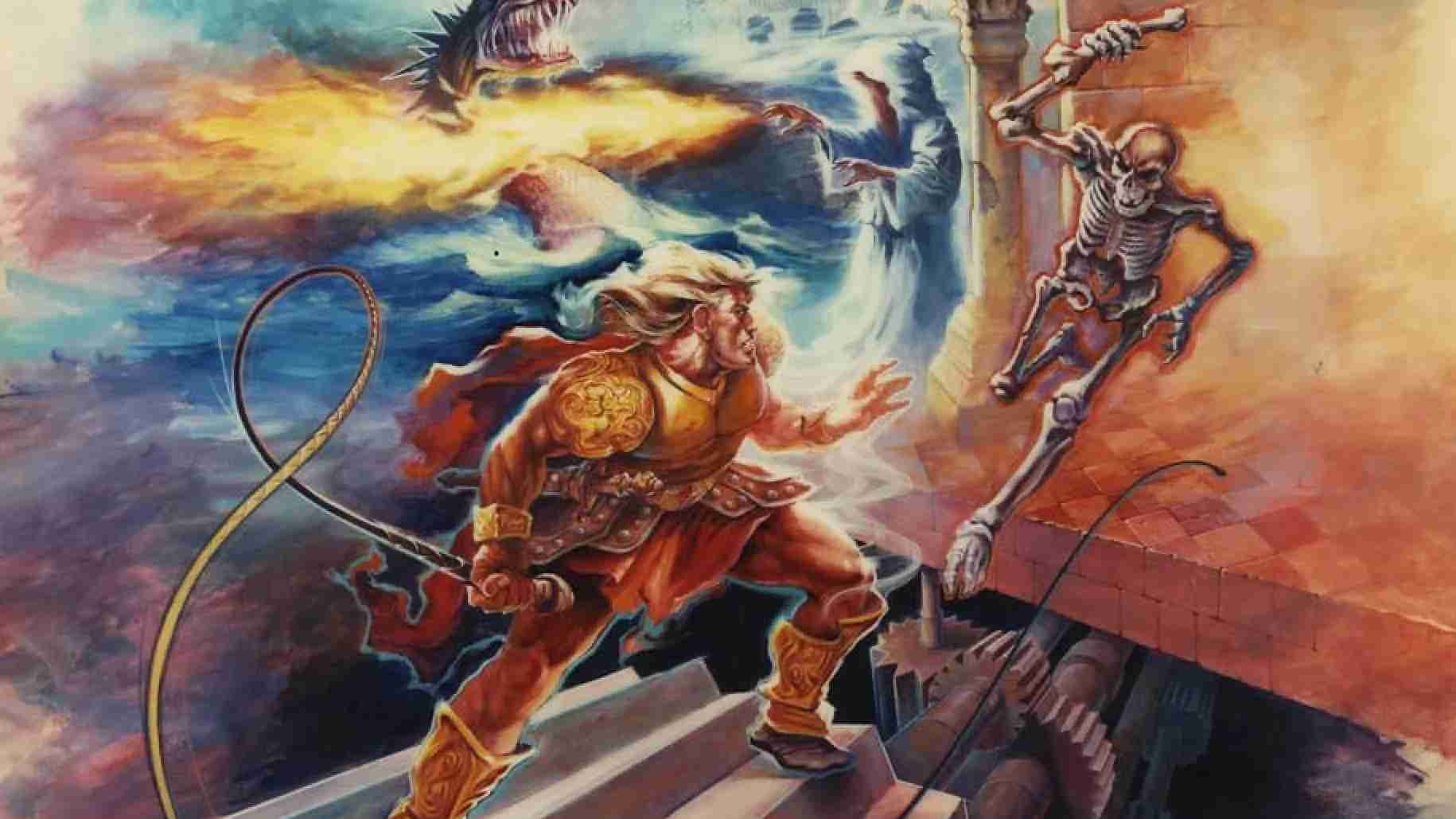The UK’s competition watchdog – the UK’s Competition and Markets Authority (CMA) – was first spotted by the game developer, publishing a summary of the public responses it received in response to Microsoft’s planned acquisition of Activision Blizzard.
The roughly $69 billion acquisition has come and gone since it was first announced in early 2022, as global regulators investigate the merger and its possible impact on market competition. Just recently, news broke that the Federal Trade Commission (FTC) is looking to block Microsoft’s acquisition of Activision Blizzard.
There was also back and forth between Microsoft and Sony as the two companies argued for or against the acquisition, with Microsoft stating that “Call of Duty gamers are neither ‘special’ nor ‘unique’ in terms of spending or user engagement compared to those who like other popular franchises.” Gamers.” It also hints that The Elder Scrolls 6 will only be a “mid-sized” game… I sure hope it isn’t.
The CMA has since released a statement detailing a summary of the public reaction to the merger. While 2,600 emails received had to be excluded from review for “abusive content” or “blank” and “incomprehensible,” most of the good-faith responses supported Microsoft’s plans.
The CMA then weighs the public arguments of both parties. “Of the 2,100 emails we reviewed, about three-quarters were generally in favor of the merger and about a quarter were generally against it.”
Supporters of Microsoft’s proposed acquisition of Activision Blizzard argue that Sony and Nintendo have greater strength in console gaming, and a merger would help Microsoft compete with both companies. Plus, the public view of Call of Duty as an unlikely exclusive, and there’s plenty of competition from the likes of Battlefield, Grand Theft Auto, and FIFA. The public also believes the merger will push Sony to be more innovative, and that the company “has historically worked to secure exclusive content or early access to popular cross-platform game franchises such as Final Fantasy or Silent Hill.”
On the other hand, however, the anti-acquisition public believed that Microsoft already had a dominant position in PC operating systems and that a merger would only allow it to achieve a similar position in gaming.
The public also believes that Call of Duty will become an Xbox exclusive, “like Bethesda did after buying ZeniMax Media.” Ultimately making it a dominant force in the gaming space.
The most important point about a quarter of the public opposing the merger is that it is the largest merger in gaming history. If the acquisition is successful, it would “pave the way for a series of potential future acquisitions of publishers such as Take Two, EA, Ubisoft, etc., increasing market concentration.”
If it’s up to the public, the Microsoft-Activision Blizzard deal could go well. However, the CMA’s survey responses were limited to 2,100 emails, a relatively small sample size that is not at all representative of the thinking of gamers worldwide. Microsoft’s real challenge lies with competition regulators, not the public.








